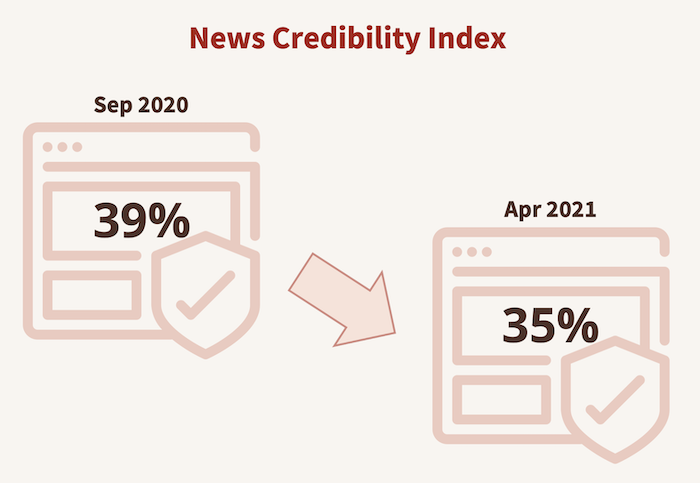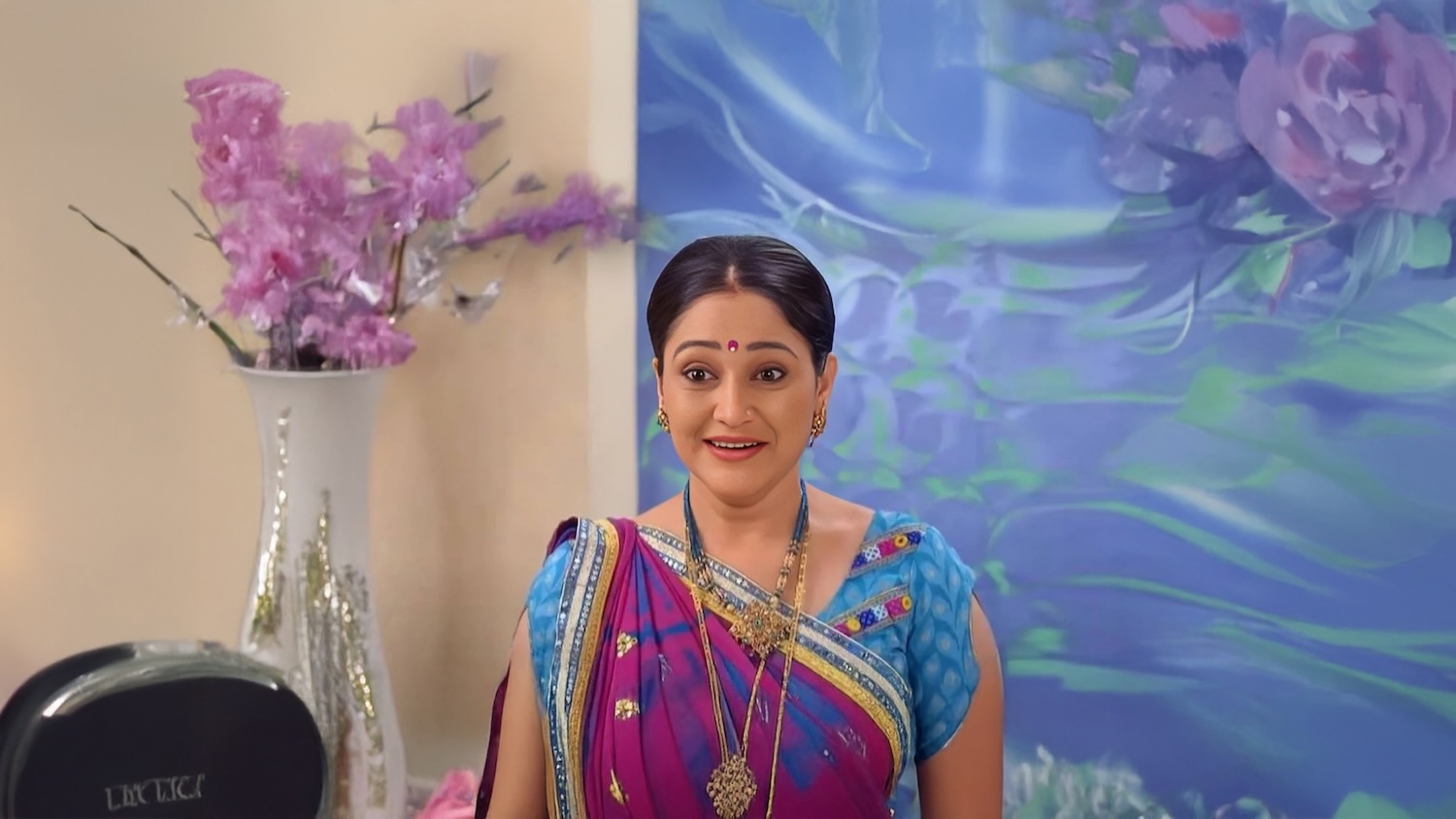


We are now increasingly familiar with the growing menace of Fake News. Google Trends indicates that the term 'Fake News' found significant traction globally in the last quarter of 2016. That was the period of presidential elections in the US, in which Donald Trump won. The term, thus, has an unequivocal origin in politics, though it has acquired wider relevance since then.
In India, the term took off more recently. 2020 saw a whopping 119% growth in Google searches around this term, when compared to 2019. The peak itself was reached in April 2020, in the midst of the COVID-19 outbreak, and the lockdown and the migrant crisis that unfolded around it. The global peak came at around the same time, in March 2020, when the pandemic broke in the US and Europe.
Fake news was initially felt to be a menace largely limited to social media and messenger apps like WhatsApp. But across the world now, mainstream media, including some of the top TV channels and newspapers, are being called out for propagating fake news. So, where do different media in India stand on this aspect?
To understand this, we released the first edition of our report Fact or Fake? in Aug-Sep 2020. The report covers two parameters:
1. News Credibility Index: % news consumers who don't see fake news as a major concern
2. Media Credibility Index: % news consumers (among those consuming news in that medium) who finds in a particular medium generally credible
The second round of this report is now out, based on data collected in April 2021. While the results were not flattering even in 2020, the concern has only magnified since then.
Only 35% news audience do not see fake news as a major concern. This number has gone down four percentage points, from 39% to 35%, in the span of seven months. Simply put, almost 2 out of 3 news consumers in India are concerned about fake news today.

Print and Radio held the top positions on Media Credibility Index in the 2020 track, and have only strengthened their relative standing since then, as Television and all forms of digital news sources have seen a drop in their credibility. While digital media being well behind traditional media is understandable given the genesis of fake news, a visual medium like television should ideally have found itself comfortably at the top of the list. Visuals inspire more trust than written and spoken words. Television news had to go awfully wrong to rate nine points below print in India. And it sure has!

This is not a brand-level study, and hence, different channels or newspapers are not covered individually. However, the study covers different social media and messenger apps, because of the distinctive nature of these platforms. As can be seen below, Twitter is in a one-horse credibility race here, with no other app even crossing the 30% mark. The homegrown Koo is in contention for the bottom position with the known culprit WhatsApp.

To reiterate the definition above, all Media Credibility Index numbers are calculated on the base of news consumers of that medium. Hence, the size of the medium has no bearing on the score.
What does this mean for the Indian news business? In the atmosphere of fake news, brand safety has been a growing concern worldwide. Print and television rely heavily on advertising, at least in India. And brands are beginning to question if they should associate with specific newspapers and channels that may not be seen as credible. And if the news television industry as a whole, and individual news channels at their respective ends, do not recognize this concern, they are bound to be impacted.
You may have noticed how I have used 'fake news' and (lack of) 'credibility' interchangeably. A purist may scoff at this usage, but it's intentional. The term 'fake news' has become increasingly synonymous with distrust now. And given that English is not the language of familiarity for a vast majority of Indians, many Indians were introduced to the word 'fake' for the first time through the term 'fake news' itself. Fake news, hence, is not about carrying a piece of unverified news that turns out to be untrue. It is also about political leanings, and a perception of political neutrality that a platform brings with it.
The current COVID crisis in India could turn out to be a watershed event in the way it shapes up news and politics in the country over the next few months, and then till 2024. Some platforms will shine, while others will struggle to manage perceptions related to credibility deficit. Whether a new order will emerge or not is difficult to say, but status quo is not a likely outcome for sure.
You can download the report here, or watch it in video format below.

Introducing Ormax Media Affluence (OMA)
OMA is a new audience classification system designed specifically to measure affluence level of audiences in context of the media & entertainment sector in India

Venn It Happens: OTT & Linear TV audience intersection
The first edition of our new feature Venn It Happens illustrates the intersection between OTT and Linear TV audiences in India, using data from The Ormax OTT Audience Report: 2025

Not just nostalgia: Why legacy characters are dominating HGECs
Despite not featuring in the show since 2017, Daya (Taarak Mehta Ka Ooltah Chashmah) continues to enjoy immense popularity among Hindi GEC audiences. Her enduring success highlights a category trend
Subscribe to stay updated with our latest insights
We use cookies to improve your experience on this site. To find out more, read our Privacy Policy